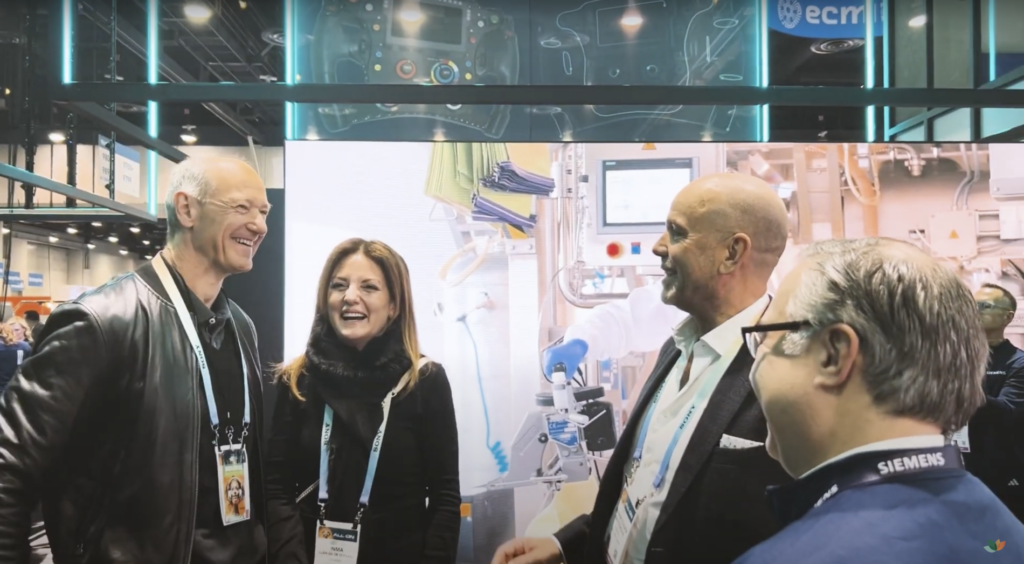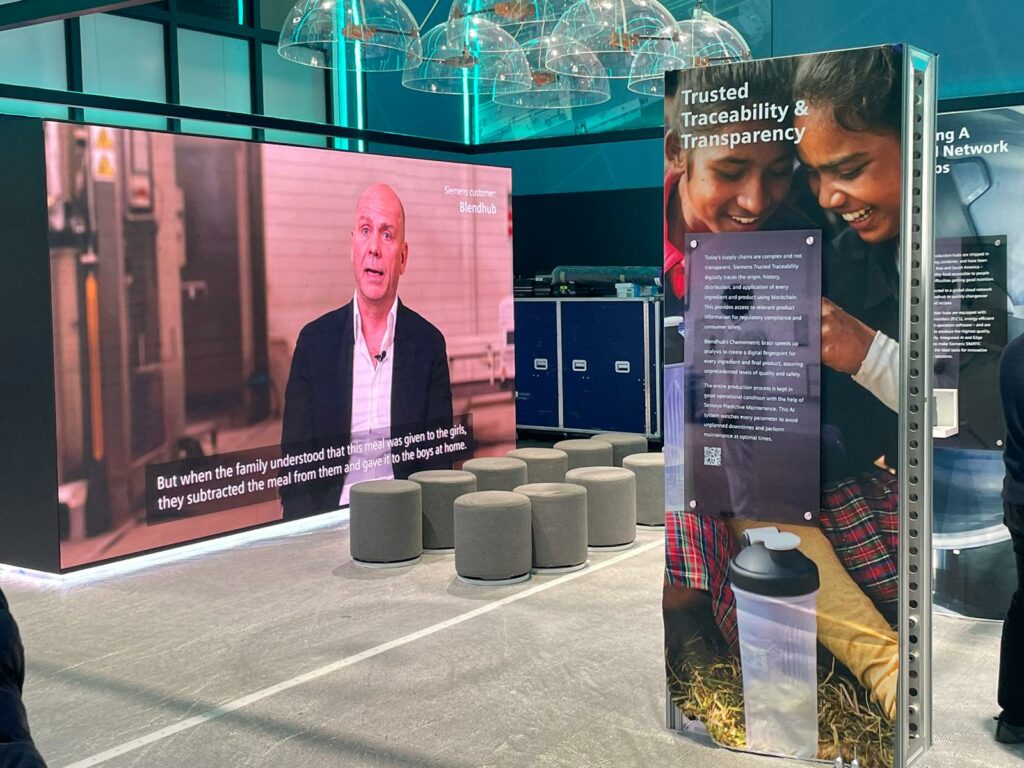I found the article that I have linked to here particularly interesting, considering how much Open Innovation is talked about and how little it is successfully practiced. The text, written by Frank Mattes, emphasizes when finding that it is difficult to give examples of companies with a practical approach to Open Innovation. The 60% of the firms which are embracing this model of innovation are still in an experimental phase. What the author proposes is to move from Open Innovation to True Open Innovation.
Companies, he says, aren’t isolated entities. They relate to clients, consumers or research centers. And they also develop products with other companies and post challenges on Open Innovation marketplaces. Some examples: the Blendhub’s platform, allfoodexperts, NineSigma, InnoCentive or yet2.com.
Nowadays, few companies innovate in a completely closed way. However, is this enough to talk about Open Innovation? Mattes thinks that examples such as the ones cited show just open approaches to innovation, but not a fundamental part of the firm’s innovation management approach.
Contrary to this, the True Open Innovation is perfectly integrated into the companies’ overall strategy of innovation. It isn’t an isolated resource for specific challenges.
A real open innovation strategy
True Open Innovation starts with external impulses and seeks to translate mega trends into the companies’ road map and R&D pipelines.
Finally, it is a continuous process and Mattes clarifies which open approaches to innovate are the most suitable ones.
True Open Innovation is planned, has its own budget and has the ambition to extend the firm’s innovation ecosystem as far it is possible.



